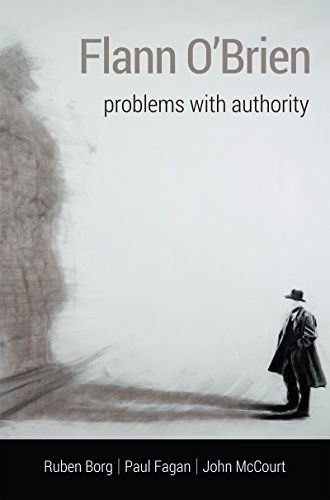
Flann O'Brien Problems with Authority
Recent years have witnessed a series of shifts in the reception of Brian O'Nolan's work, with the publication of collected short stories and dramatic texts and a systematic critical reappraisal of once marginal titles in the author's canon. The vast collections of O'Nolan's correspondence, manuscripts and drafts housed in Illinois, Boston, and Texas, - as well as The Irish Times online digital archive - have given rise to genetic and cultural materialist approaches that seek to explore the borders of authorship and authority in O'Nolan's ever-expanding oeuvre. And while longer-running critical conversations continue to be finessed about the ways in which O'Nolan's texts are shaped by towering twentieth-century figures such as Joyce and Beckett, the increasingly international contexts in which O'Nolan is being read invite us to reconsider his profile as a satirist, a local comedian, a critic of provincial attitudes, a formal innovator and a powerful, inimitable voice in the twentieth-century avant-garde. As the boundaries of his body of work continue to be redrawn, O'Nolan's writing appears to be constantly repositioning itself between local and international perspectives, displaying an uncanny knack for comic doubling and self-contradiction, embracing the innovative spirit of the times, yet unmasking its pretentions.